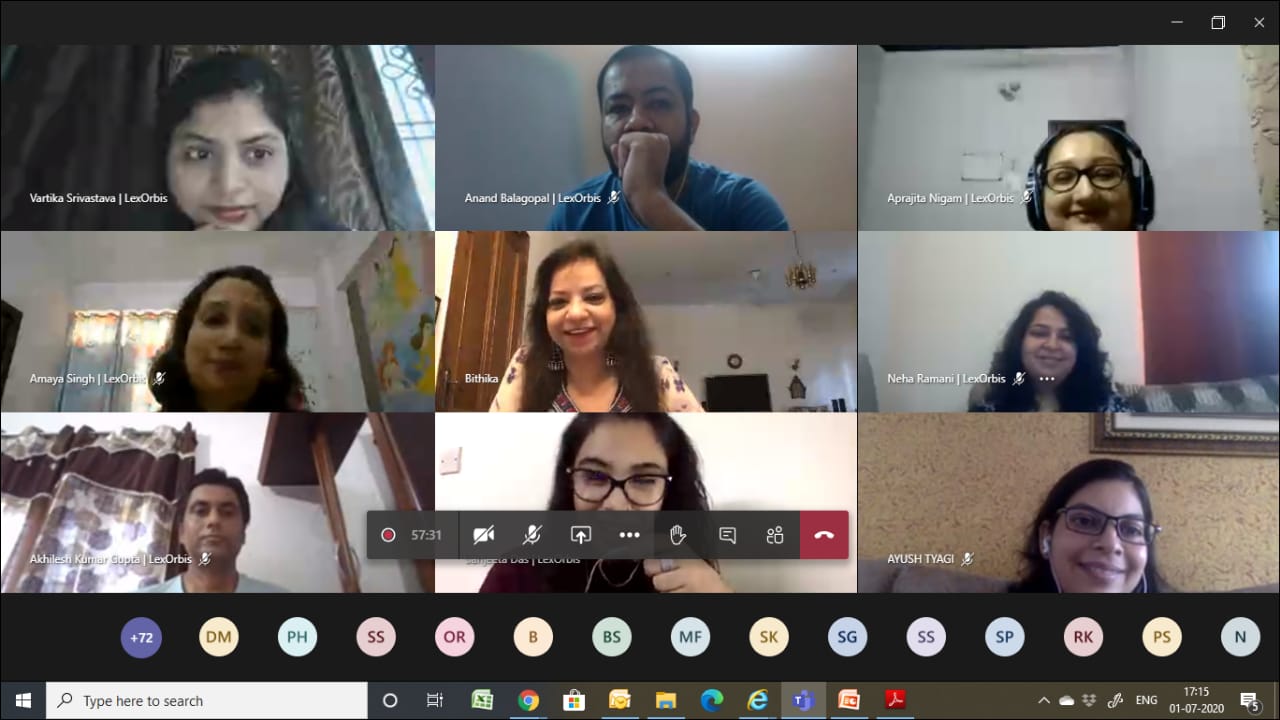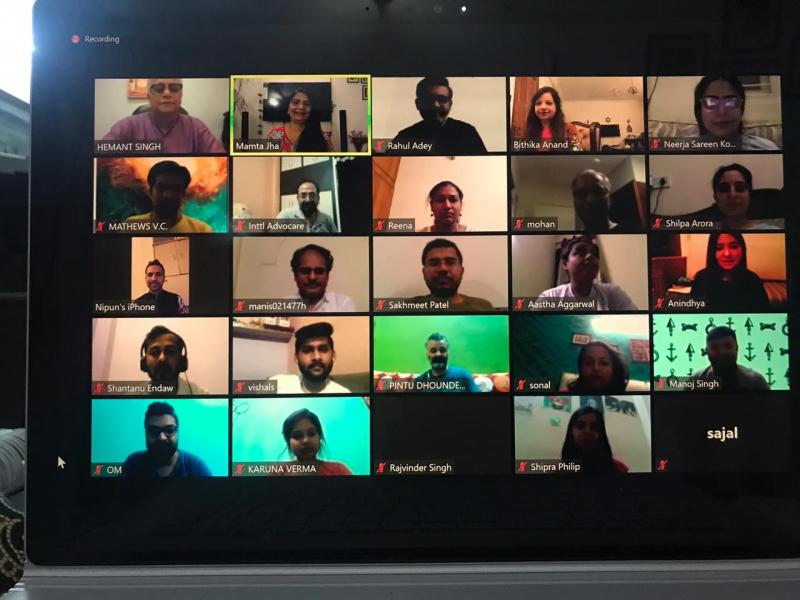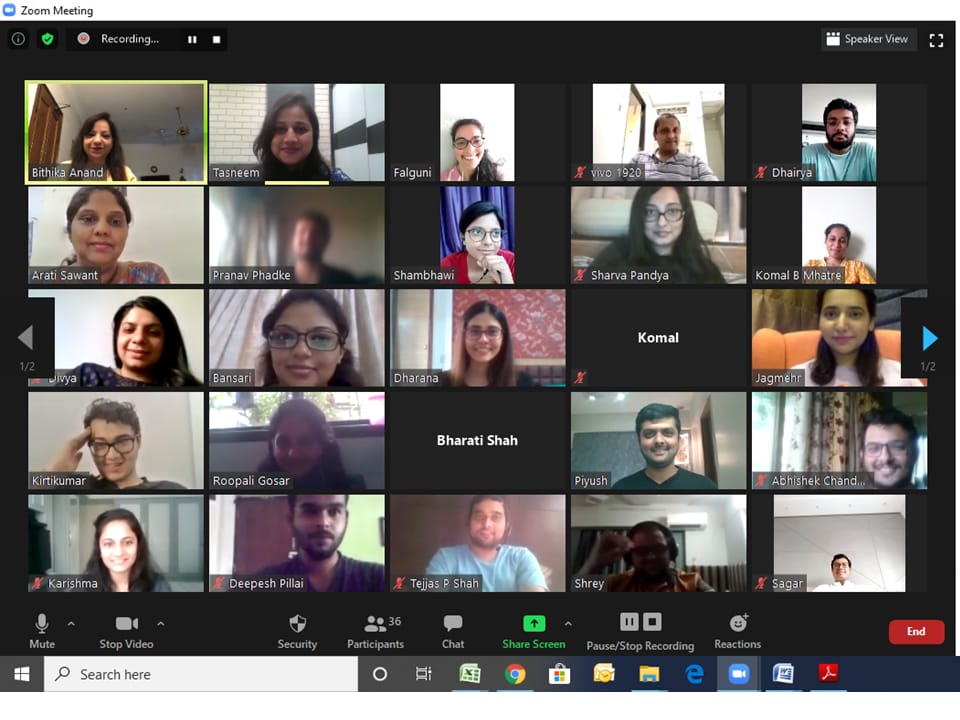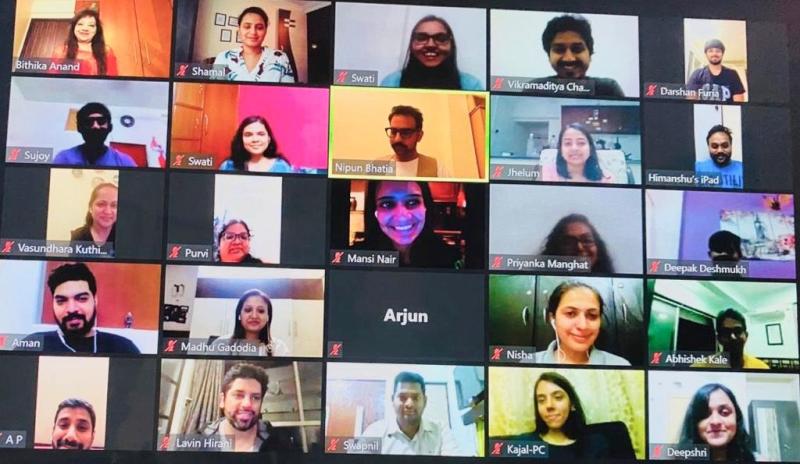For decades, legal practice in India was largely domestic. Lawyers advised clients on Indian laws, Indian courts, and Indian deals. But the ground is shifting fast. Today, clients don’t just want legal solutions within India—they want advisers who can help them navigate across multiple jurisdictions. This is where cross-border legal services are no longer optional; they are becoming central to client strategy.
Why the Shift Matters
Globalisation isn’t new. What’s new is the way business operates now. Technology, capital, and talent move across borders faster than ever. A start-up in Bangalore may be raising funds from investors in Singapore, setting up operations in Dubai, and signing contracts with partners in the US—all at once. In such cases, clients need lawyers who understand not just Indian law, but also how it fits with international regulations.
If Indian lawyers want to stay relevant, they must step into this role of global adviser. That means being able to bridge Indian rules with foreign laws, tax regimes, compliance frameworks, and dispute mechanisms.
The Opportunity for Indian Lawyers
Here’s the thing: Indian legal talent is already known for its depth, analytical skills, and adaptability. The demand is there. Multinational corporations, global investors, and international law firms are looking for professionals who can deliver high-quality advice without the heavy price tags of Western firms. Indian lawyers, if prepared, can fill that gap.
This opens up doors in areas like:
- Cross-border M&A- guiding deals that involve entities in different countries.
- International arbitration – representing Indian businesses abroad or foreign businesses in India.
- Compliance and data privacy – helping clients manage different regulatory expectations in different countries.
- Start-up and VC ecosystems – where funding and exits almost always involve overseas jurisdictions.
What’s Holding Lawyers Back
Despite the opportunity, there are real challenges. The biggest is mindset. Many Indian firms still operate with a domestic lens, hesitant to build international networks or collaborate across borders. Another barrier is skill. Understanding another jurisdiction’s laws isn’t enough—you need to know how those laws interact with Indian law in practice.
Then there’s technology. Cross-border work means dealing with time zones, virtual teams, and digital collaboration. Lawyers who are not comfortable with these tools will struggle to keep pace.
Preparing for the Future
At Human Elevation (HE), we see this as a transformative moment for the Indian legal industry. The lawyers and firms who adapt early will become trusted partners for global clients. Those who resist may find themselves sidelined.
So how can lawyers prepare?
- Invest in global exposure – Take on international internships, certifications, or collaborations.
- Build networks – Partner with foreign law firms, attend international conferences, and cultivate professional relationships across jurisdictions.
- Adopt technology – Use platforms that make collaboration, document management, and compliance tracking effortless across borders.
- Develop niche expertise – Instead of trying to do everything, specialise in areas where cross-border work is in high demand—like arbitration, fintech regulations, or data privacy.
- Think client-first – Understand that clients aren’t buying legal advice in silos. They want integrated solutions that make their global operations smoother.
The Bigger Picture
The future of law in India is no longer just about India. It’s about where Indian lawyers fit in the global puzzle. Clients want problem solvers who can help them grow without tripping over legal landmines across borders. For lawyers, this means moving beyond comfort zones and preparing for a truly international practice.
At Human Elevation, we are working with law firms and professionals to make this transition smoother—by training, building networks, and creating platforms where Indian talent can shine globally.
Final Word
Cross-border legal services are not a distant trend. They’re already shaping client expectations today. The question is, will Indian lawyers rise to the challenge and claim their place on the global stage?
The door is wide open. Now it’s about stepping through.







